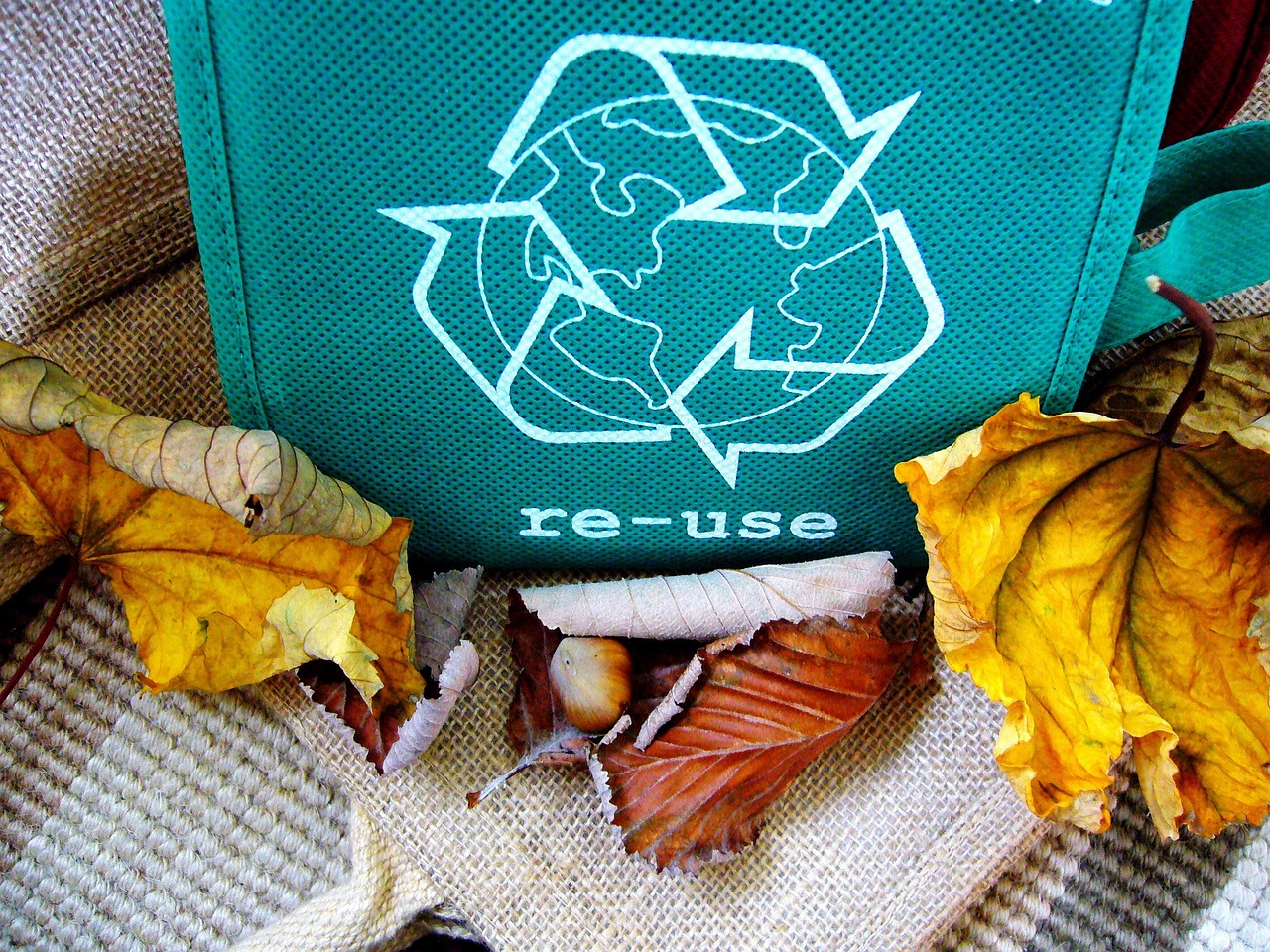In an era where sustainability and environmental consciousness are becoming increasingly vital, the Japanese philosophy of mottainai (もったいない) offers a timeless and profound approach to reducing waste and promoting mindful consumption.
Originating from the traditional Japanese ethos, mottainai encapsulates a deep respect for resources and an intrinsic understanding of the value of minimizing waste.
Today, I am going to delves into the essence of mottainai, its historical roots, and its relevance in contemporary society.
The Essence of Mottainai
At its core, mottainai is a concept that reflects a deep sense of regret over the wastefulness of resources.
The term itself can be roughly translated as “what a waste” or “too good to waste.” Some might also interpret as “Waste not, want not.”
It conveys the idea that materials, resources, and even time should be used efficiently and thoughtfully, emphasising that nothing should be squandered.
This philosophy is deeply embedded in Japanese culture and extends beyond mere recycling; it encompasses the full lifecycle of resources, advocating for reduction, reuse, and recycling in a holistic manner.
Historical and Cultural Roots
The roots of mottainai can be traced back to traditional Japanese values and practices. In feudal Japan, resources were scarce, and communities were highly attuned to the principles of frugality and respect for the environment.
Daily life was characterised by a careful and efficient use of resources, as waste was not just an economic concern but also a moral one.
Items were repaired and repurposed, and nothing was discarded lightly.
This respect for resources can be seen in various aspects of Japanese culture.
For example, the concept of mottainai is reflected in traditional practices such as bento making, where every component of the meal is used to its fullest potential, and in the art of kintsugi, where broken pottery is repaired with gold or silver lacquer, celebrating the object’s history rather than discarding it.
The 7 Rs of Mottainai
Modern interpretations of mottainai often encompass the 7 Rs, which are central to the philosophy:
- Refuse: Avoid unnecessary consumption and reject items that are not needed.
- Reduce: Minimize the amount of resources and waste generated.
- Reuse: Find new uses for items instead of discarding them.
- Recycle: Process materials to make new products and reduce waste.
- Repair: Fix broken or damaged items rather than replacing them.
- Redistribute: Share surplus resources with others who may need them.
- Respect: Appreciate and value resources, treating them with care and consideration.
These principles are not only applicable to physical resources but also to time and energy, advocating for a balanced and conscientious approach to all aspects of life.
Mottainai in Contemporary Society
In today’s world, where consumerism and environmental issues are pressing concerns, mottainai offers valuable lessons for sustainable living.
The concept has gained international recognition as a framework for environmental stewardship and waste reduction.
Various initiatives and movements have adopted mottainai principles, promoting practices such as zero-waste lifestyles, upcycling, and sustainable consumption.
Organisations and individuals are increasingly embracing mottainai to tackle global challenges.
For instance, the Japanese car manufacture Mazda reflects the principles of mottainai and adopts more sustainable practices into car making.
In Japan, the philosophy is integrated into educational programmes and community activities, fostering a culture of respect for resources from a young age.
Let’s embrace the principles of Mottainai!
Mottainai represents a profound and culturally rich philosophy that underscores the importance of respect for resources and the value of mindful consumption.
By embracing the principles of mottainai, individuals and societies can contribute to a more sustainable and harmonious world.
As we face the challenges of environmental degradation and resource depletion, the timeless wisdom of mottainai provides a guiding light, reminding us that every resource is precious and deserving of careful consideration.
Let me know in the comments if you are living the life with mottainai principles, if so, in what way? 🙂



Comments